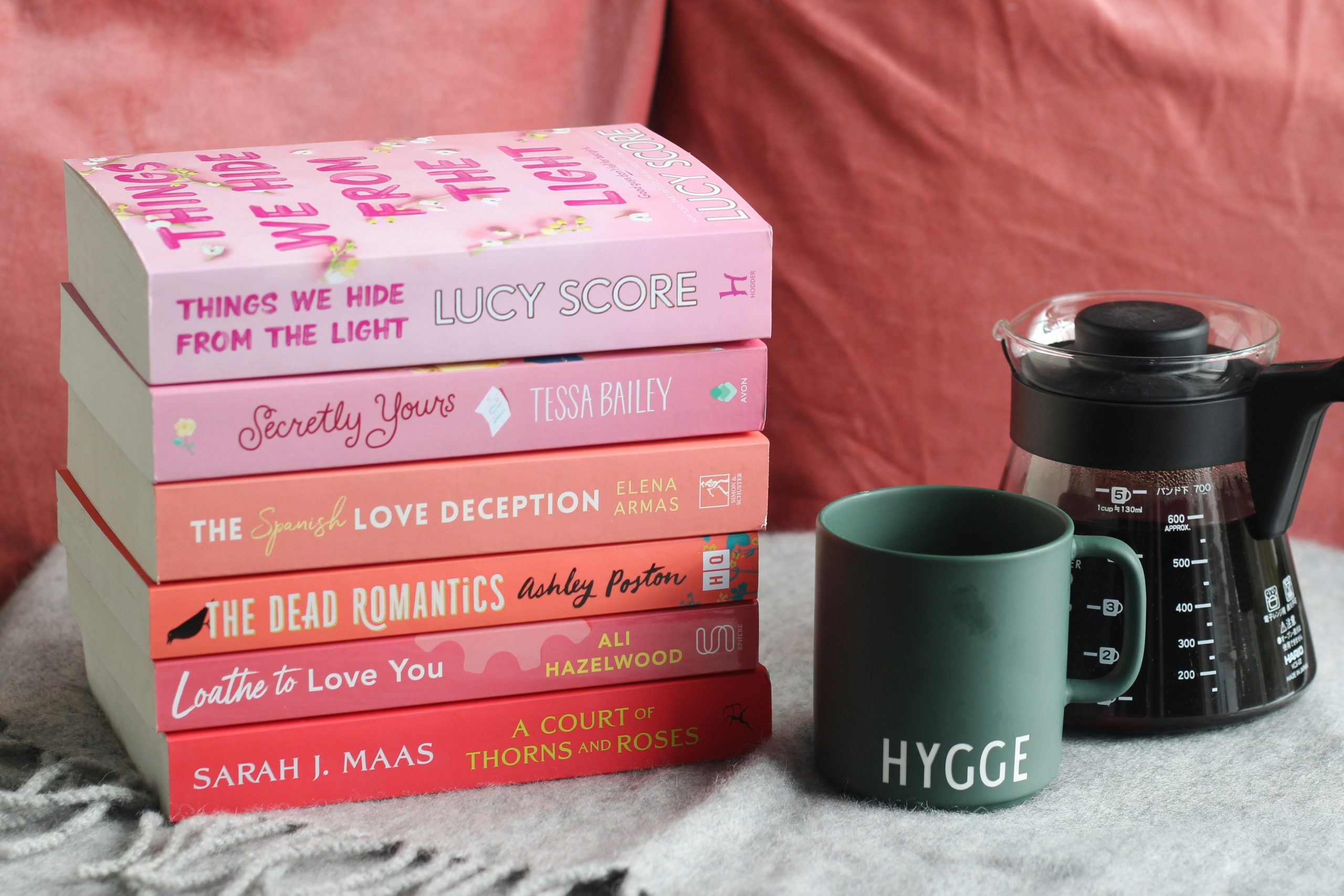BookTok refers to a community on TikTok dedicated to producing content about books and literature. Although book-themed social media accounts have been around for years, BookTok has exploded into mainstream media, with many sections of bookstores now being dedicated to popular books on the platform.
BookTok took off during the 2020 lockdown, and has rapidly expanded since then. Popular authors on the platform increased their sales by 14 million between 2020 and 2021. This has had huge impacts on the publishing industry.
One of these key changes has been the increased diversity in consumer demographics, especially for young girls. Out of 2000 respondents, The Publisher’s Association’s poll found that 59% of 16-25 year olds claim to have gained a passion for reading due to BookTok.
Whether this is just a result of lockdown boredom, or the desire to be ‘on trend’, the longevity of engagement with BookTok content post-pandemic shows the significant influence social media has had on young people’s readership levels. This book-buying boom has helped promote smaller authors, pushing their work into a space that was previously dominated by established writers.
For example, Alex Aster promoted her novel ‘Lightlark’ on TikTok, catching the attention of a publishing house in 2021. Lightlark then sold 24,000 copies in its first week, and Aster signed a six-figure deal with Universal in the same year for its movie adaptation.
However, BookTok isn’t without its critics: Many argue that writers are sacrificing creativity, literary value, and quality for the sake of marketability. Some claim that writers are starting to focus on becoming viral on BookTok rather than producing quality work.
But can you blame them? It’s notoriously difficult to become an established writer and BookTok trends can provide aspiring authors with a guide as to what individuals want to consume. However, sometimes these viral trends can be damaging.
The romance genre is easily the most popular on BookTok, with its heartwarming nature running parallel with the easy-to-read style of writing that TikTok tends to promote. Some authors, however, write lightheartedly about relationships that are toxic, violent, and should never be romanticised.
One example is that of Colleen Hoover. Colleen Hoover is seen as a BookTok prodigy, having sold over 32 million copies of her books as a result of the platform. Hoover’s work often covers complex topics such as domestic abuse and toxic masculinity. Her main male characters are deeply problematic, yet are presented as the perfect ‘book boyfriend’.
Hoover has been criticised for watering down, or completely ignoring, the severity of these themes. Some think the tactless manner in which she covers these topics is especially dangerous when considering her demographic predominantly consists of young girls.
Of course, literature can (and should) cover heavy topics with nuance and complexity. The problem lies in the way some authors present these relationships as ‘sexy’.
Although #BookTok has seen many issues arise as a result, there’s no doubt that it has been a force for good in other areas of the publishing industry. Reading reduces stress, increases mental stimulation, and promotes cognitive development. For the most part, TikTok has provided widespread access to this, and this impact should be celebrated.
